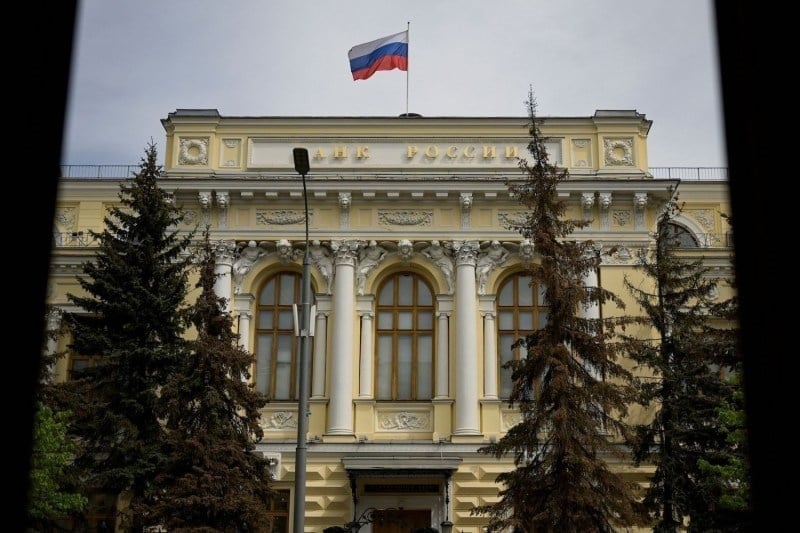 |
| Frozen Russian assets: 'Fate' has been decided, EU opens legal way to get Moscow money to rebuild Ukraine, what does IMF say? (Source: Getty Images) |
Ukrainian officials noted that there are currently about 260 billion Euros (about 280 billion USD) of assets of the Central Bank of Russia (CBR) frozen in the jurisdictions of partners in the Group of Seven (G7), the EU and Australia, and more than two-thirds of them are in the EU.
“Today’s decision, in line with the G7 position, clarifies the legal status of revenues generated by central securities depositories (CSDs) in connection with the seizure of Russian frozen assets and sets out clear rules for entities managing them , ” the EU said on February 12 after the EU adopted a new law specifically for CBR frozen assets.
“The EU Council decision clarifies the legal status of income from the use of Russian assets. This decision opens up the possibility of using profits from frozen Russian assets to support Ukraine,” said Mr. Mudra.
Under the decision, central depositories holding CBR assets worth more than €1 million (about $1.1 million) will have to account separately for the accumulated balances due to EU restrictions and also keep the related income separately. For the risks and costs associated with holding CBR assets and reserves, central depositories can apply to the supervisory authority for permission to disburse part of these net profits, subject to compliance with the authorized capital and risk rules.
In addition, the EU Council's decision also stipulates that financial contributions to the bloc's budget, obtained from profits from the use of Russian assets, will be used to support Ukraine and its recovery and reconstruction.
Thus, after agreeing to allocate 50 billion euros ($53.89 billion) in aid to Kiev, the EU's approval of the new law is estimated to bring about an additional 15 billion euros ($16.17 billion) in profits from frozen Russian assets to Ukraine over the next four years.
Ukrainian Foreign Minister Dmytro Kuleba welcomed the announcement. "We welcome further steps to implement the use of these financial resources for the benefit of Ukraine," Kuleba wrote on the social network X.
Earlier, on February 12, the International Monetary Fund (IMF) warned that any decision to seize frozen Russian assets must have full legal evidence to avoid future risks. Speaking in an interview with Foreign Policy, IMF First Deputy Managing Director Gita Gopinath said that the decision on what to do with frozen Russian assets belongs only to the countries holding them. Ms. Gopinath declined to comment on how the Russian assets would be used.
The IMF will assess the impact of any decisions on member countries, including Russia, and the global economy but will not participate in the decisions, the official said.
The Kremlin has not commented on the reports, but Moscow has said it will never let any country seize its assets. Any attempt to use frozen Russian assets as collateral to raise funds for Ukraine would be illegal and would result in legal battles that could last for years. And if that were to happen, Russia would take other retaliatory measures.
Source





![[Photo] General Secretary To Lam meets and expresses gratitude to Vietnam's Belarusian friends](https://vphoto.vietnam.vn/thumb/1200x675/vietnam/resource/IMAGE/2025/5/11/c515ee2054c54a87aa8a7cb520f2fa6e)

![[Photo] General Secretary To Lam arrives in Minsk, begins state visit to Belarus](https://vphoto.vietnam.vn/thumb/1200x675/vietnam/resource/IMAGE/2025/5/11/76602f587468437f8b5b7104495f444d)

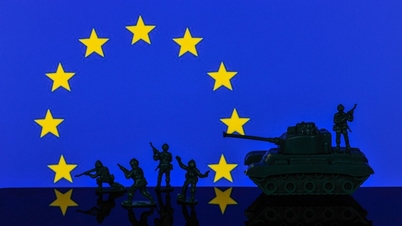
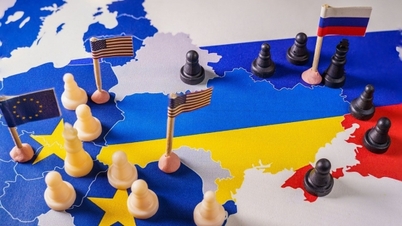
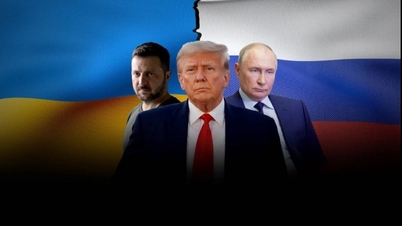
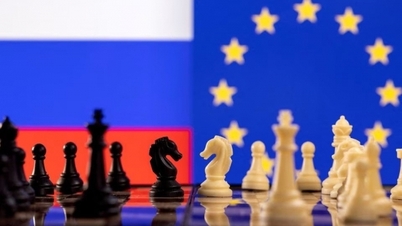
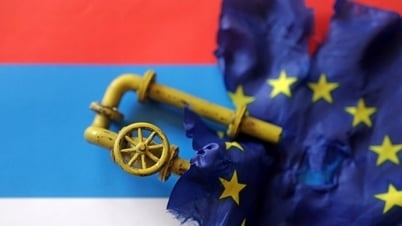


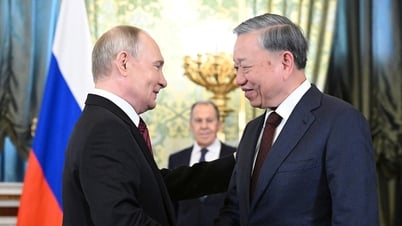










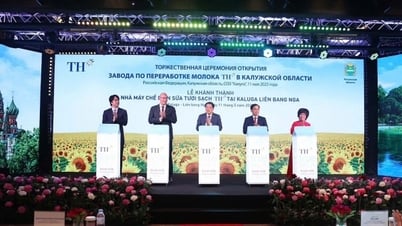


![[Photo] General Secretary To Lam concludes visit to Russia, departs for Belarus](https://vphoto.vietnam.vn/thumb/1200x675/vietnam/resource/IMAGE/2025/5/11/0acf1081a95e4b1d9886c67fdafd95ed)






























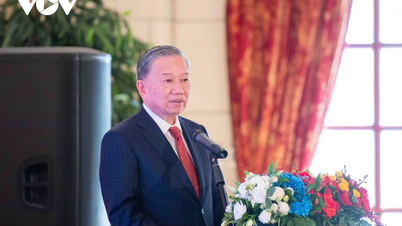


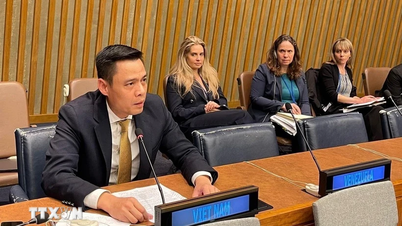

















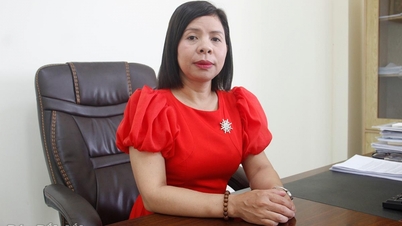
















Comment (0)